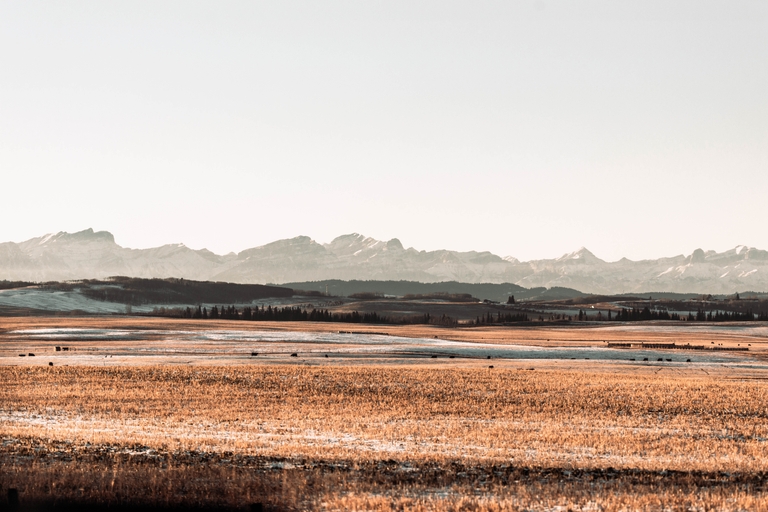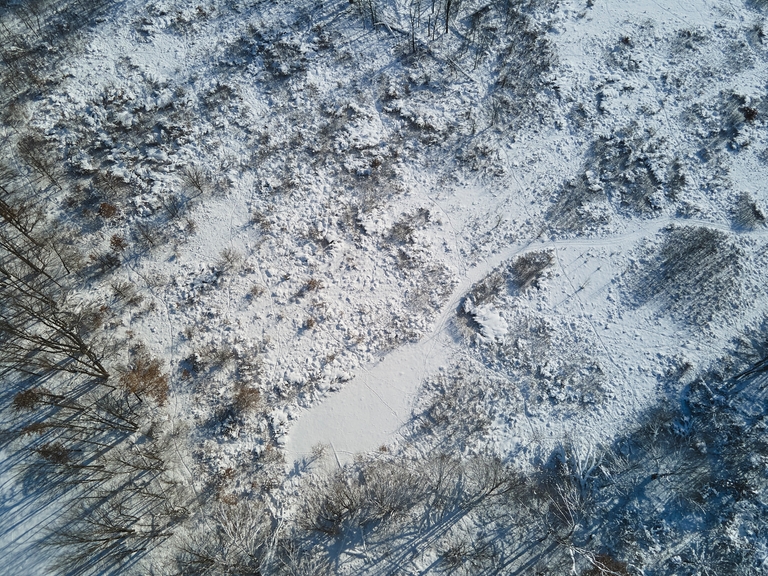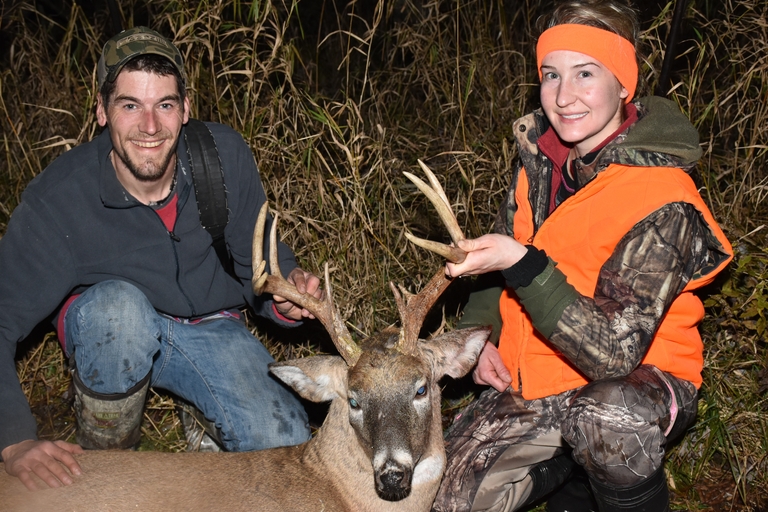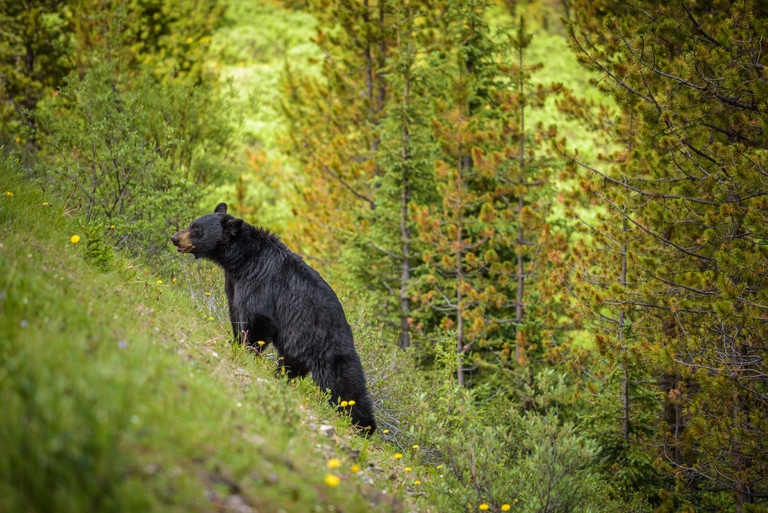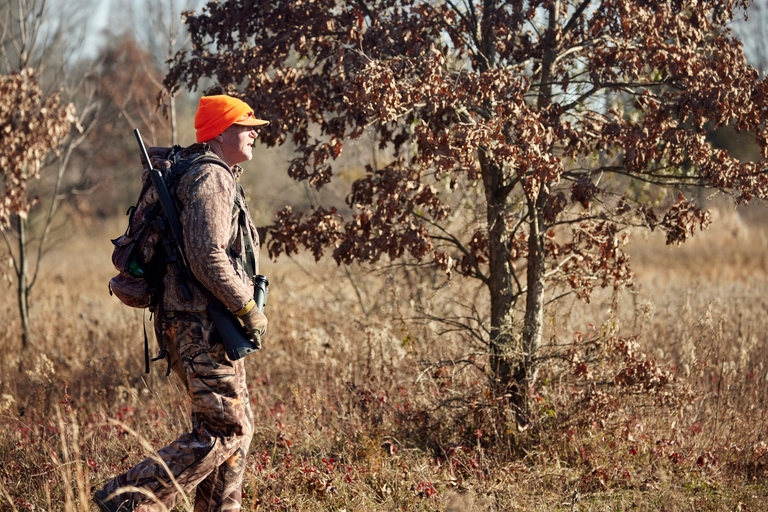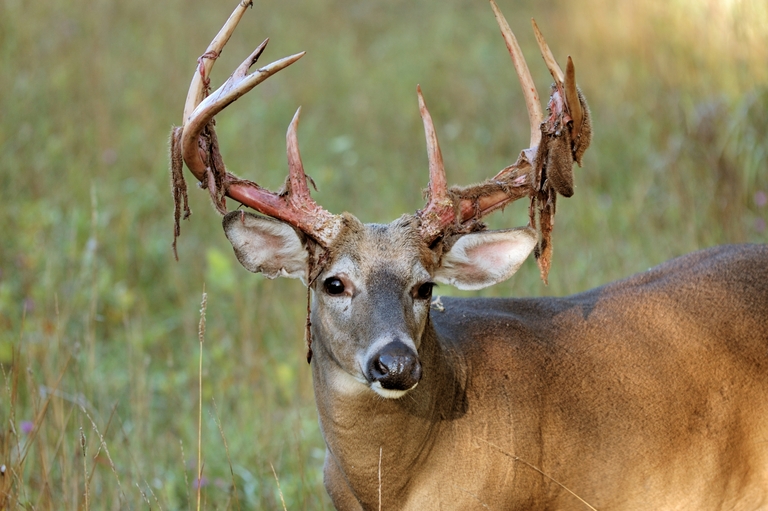Before They Hunt: Why Kids Need a Youth Hunting Safety Course
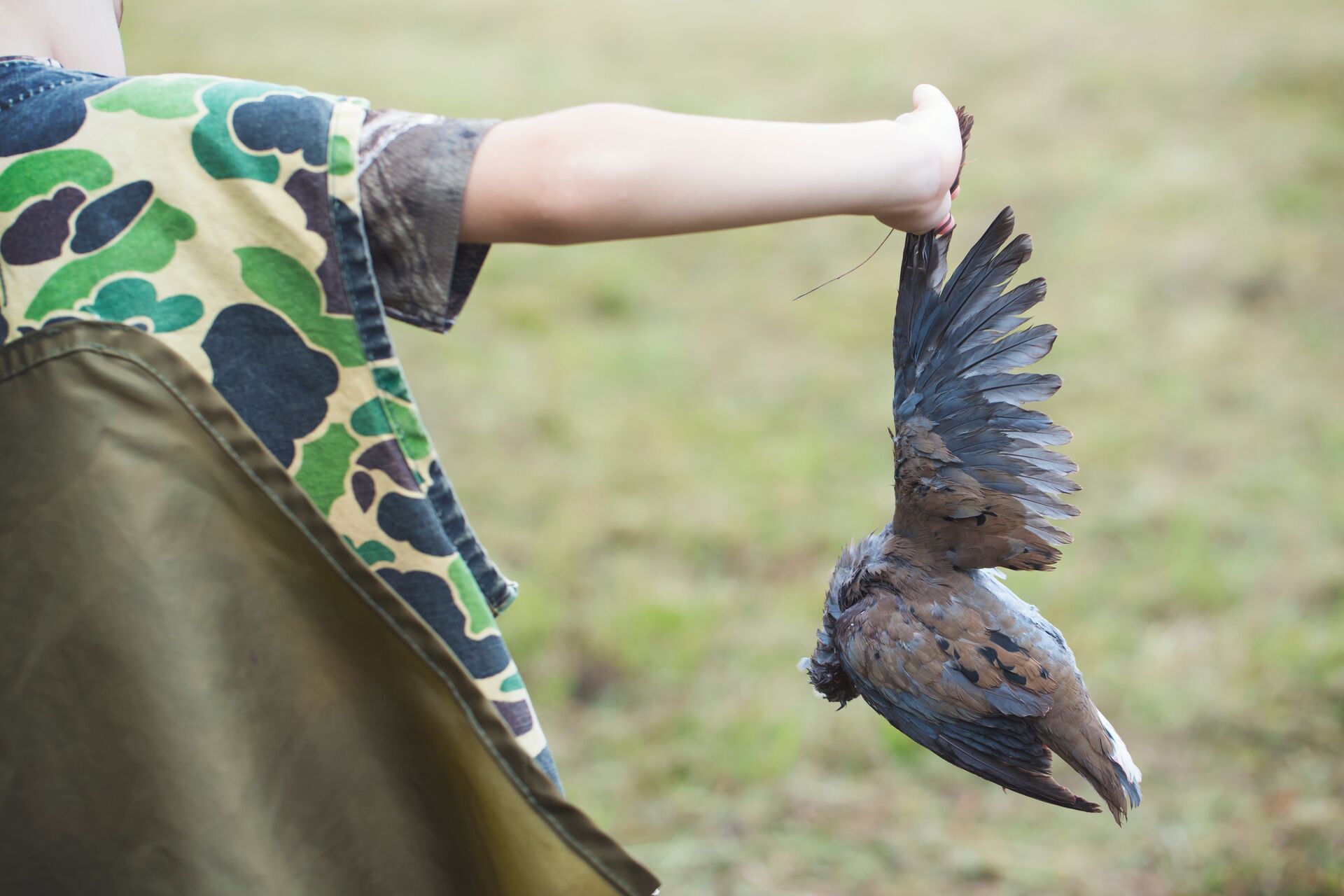
Hunting is a deep tradition for many families. We see it as an opportunity to pass down valuable skills, connect with nature, and create lasting memories. However, there is more to it than just teaching them to aim their gun or bow.
A youth hunting safety course provides the foundation that will make their first hunt enjoyable and successful.
Young hunters are looking for foundational knowledge, confidence, respect for wildlife, and safe practices. Today, we'll do a deep dive into how a youth hunting safety course prepares kids for their first hunt and creates the habit of safe practices for life.
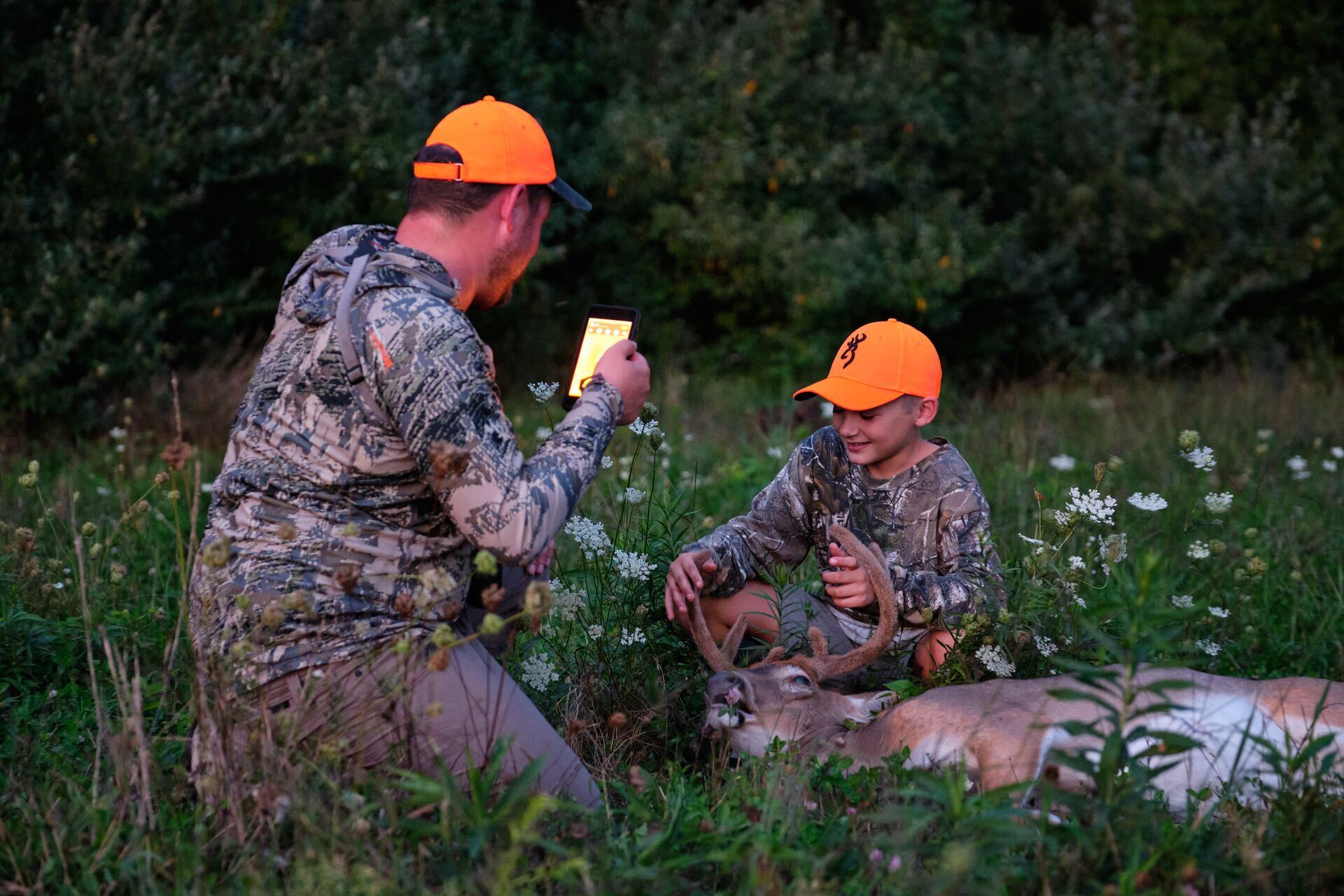
A Foundational Knowledge of Firearm and Bow Safety
The primary point of a youth hunting safety course is teaching young hunters how to handle weapons responsibly. Safety lessons reduce accidents and help kids feel confident with the weapons they'll use while hunting.
Courses cover how to safely load, unload, carry, and store firearms and bows. Kids also learn to aim, shoot, and clean their weapons.
These lessons emphasize why safety is always top of mind at the range and while hunting.
Instilling the Importance of Hunting Laws and Ethics
Another core part of any safety course is ensuring young hunters understand the rules and ethics of hunting.
Kids are introduced to bag limits, hunting zones, and season dates, ensuring they always hunt within legal guidelines. Find courses that teach responsible practices, like conserving wildlife populations and respecting private property.
By learning the "why" behind these regulations, young hunters gain an appreciation for their role in maintaining healthy ecosystems.
Encouraging Respect for Wildlife and Nature
Youth hunting courses also help kids develop a deep respect for the natural world and the animals they pursue. These courses promote conservation-minded practices and ethical hunting.
Kids learn how regulated hunting contributes to wildlife management and population control. Instructors emphasize taking clean, humane shots to minimize suffering and avoid waste.
This respect for hunting is a gift we pass down to children that they will cherish for life.
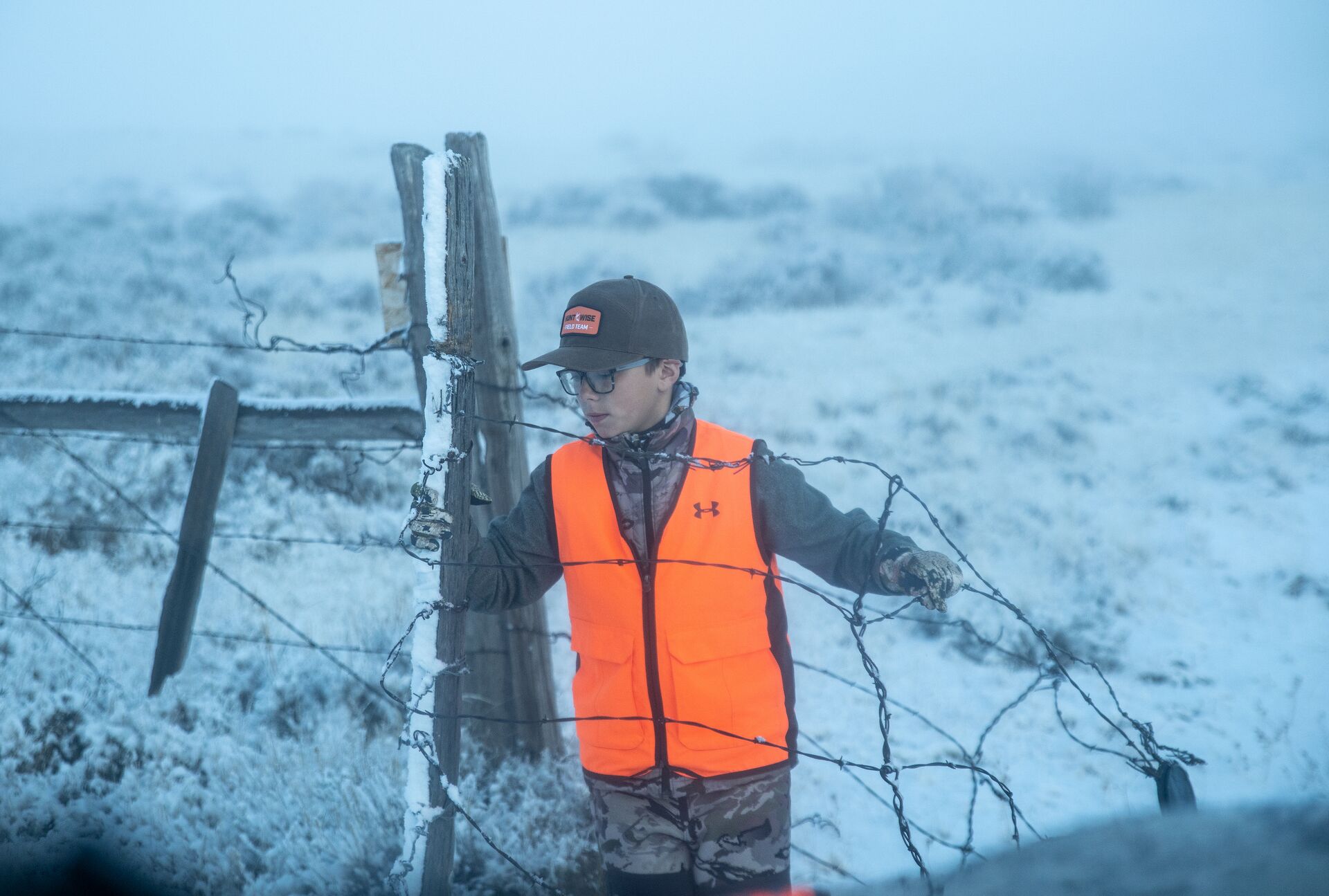
Boosting Confidence and Decision-Making Skills
A youth hunting safety course gives children the confidence to use what they learn in real-world situations. Through hands-on practice and expert guidance, young hunters are better prepared to make safe, sound decisions in the field.
Courses simulate field situations, teaching kids to handle challenges like target ID and reacting to unexpected events.
By practicing safety and shooting techniques, kids gain the composure they'll use to stay calm when the time comes.
Preparing Youth for Emergency Situations
Hunting comes with inherent risks and unexpected challenges.
Youth hunting safety courses teach the skills that prepare kids for situations, including:
- Accident Response: From minor falls to more serious situations, courses cover the basics of first aid, including treating cuts, sprains, and other common injuries.
- Communication in Emergencies: Kids learn the importance of carrying comms, like a two-way radio or cell phone, to call for help if needed.
- Equipment Failures: Whether dealing with a jammed firearm or broken sling, kids will learn how to address the issues safely.
These lessons provide peace of mind to parents and instill a sense of responsibility in young hunters.
Promoting Safe Hunting Practices in Groups
Many kids will be hunting alongside family members or friends, so understanding how to hunt safely in a group setting is crucial.
These courses teach about:
- Safe Zones of Fire: Courses teach young hunters how to identify and maintain their "safe zone of fire," ensuring nobody's in danger when taking a shot.
- Effective Communication: Kids learn that clear communication with hunting partners matters. From signaling when they see game to coordinating movements in the field — they'll know what to do.
These group-focused lessons illustrate the importance of teamwork and situational awareness and how to make hunts safer for everyone.
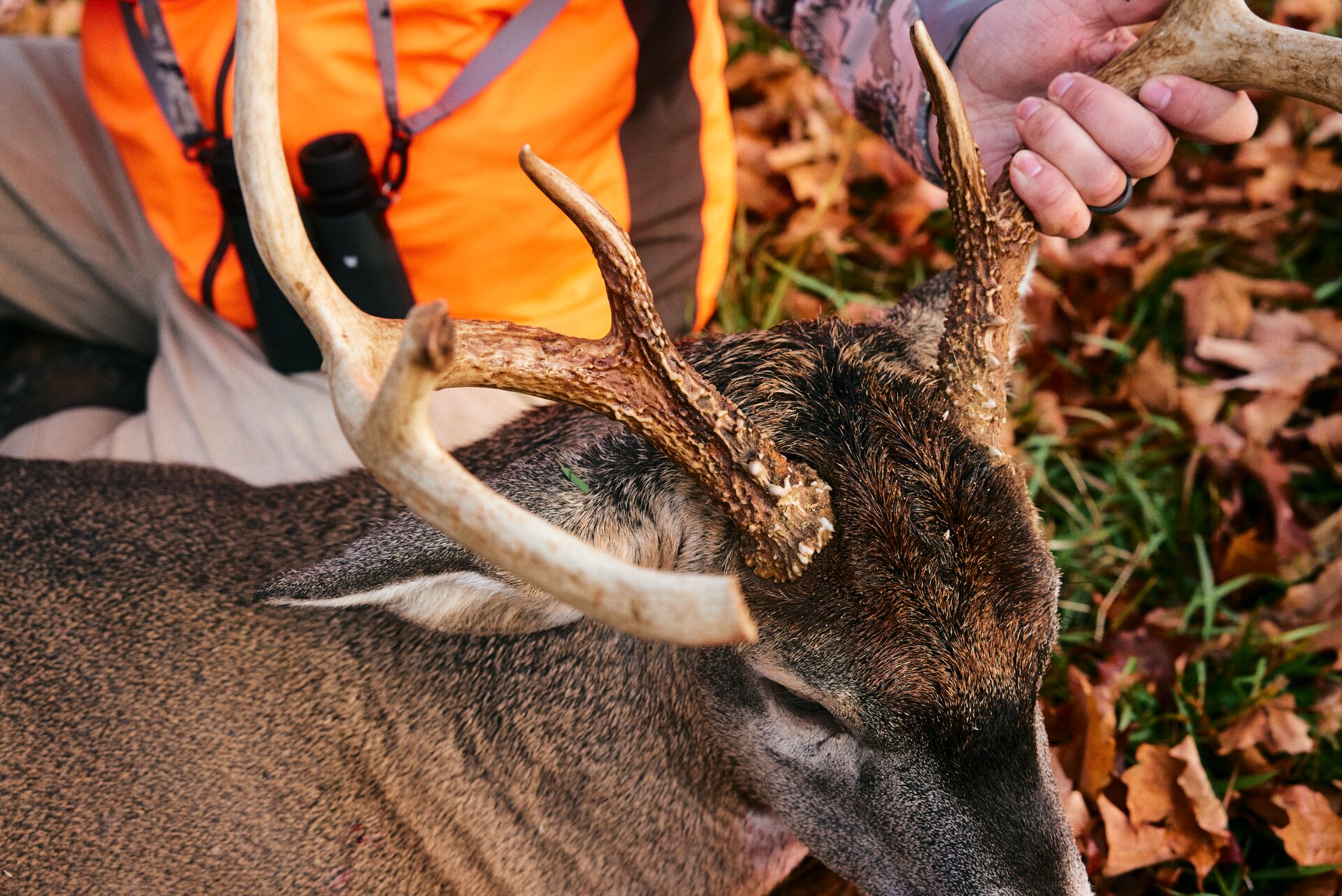
Increasing Your Peace of Mind as a Parent
Parents often have concerns about whether their child is ready and capable of hunting safely. Courses give the parents peace of mind.
Knowing that your child has undergone formal safety training gives parents confidence in their readiness for the field. Courses teach young hunters the serious nature of handling weapons and the responsibility they bear as hunters.
With proper training, parents feel more at ease when allowing their kids to participate in hunts.
Building a Lifelong Respect for Safety
Starting safety training at a young age helps develop safe practices that will follow hunters throughout their lives.
Early exposure to safety measures means young hunters will internalize the lessons, eliminating any dangerous habits from forming later. As they grow older, your kids can build on this foundation.
They'll learn new advanced skills while maintaining the same respect for safety instilled during their first course.
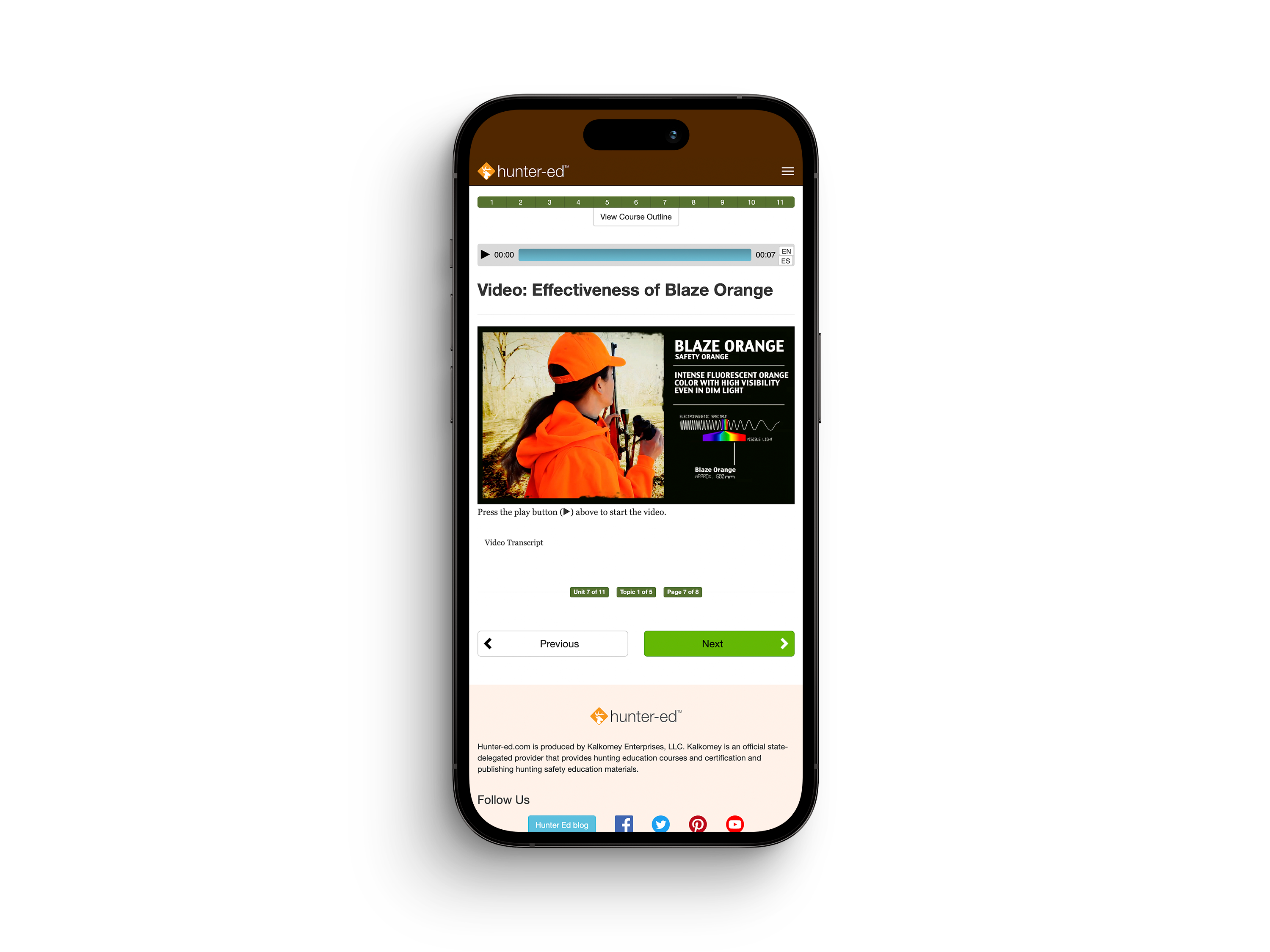
Hunter-Ed Helps Kids Learn to Hunt Safely
A youth hunting safety course is a legal requirement in many states, but it's also a vital step in preparing young hunters for success and safety in the field. These courses set the stage for a lifetime of responsible hunting by teaching kids everything from firearm safety to emergency preparedness.
To get your young hunter started off on the right foot, let Hunter-Ed help! Our state-approved online courses cover everything we talked about today. Plus, they meet state requirements for hunting education where youth are required to pass a course. Just make sure you check the latest requirements and add a field day if your state requires it (along with an online course).
The skills they'll learn are a fantastic investment in their future. So, choose the course for the state where you and your young hunter hunt, and let them start learning!

